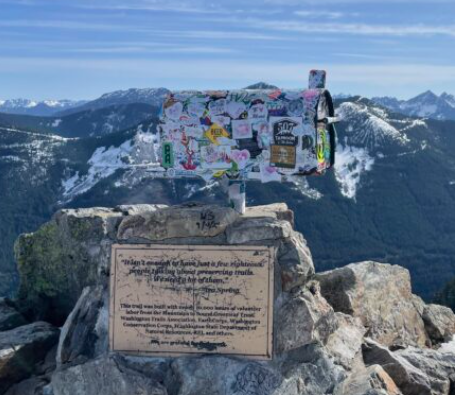
Traveling is about much more than ticking off a list of sights; it’s an opportunity to connect with different cultures and gain new perspectives. Whether you’re exploring ancient ruins, savoring local dishes, or diving into the unknown, each new experience can be enriching. But how can you ensure that your travels are respectful and positive for the communities you visit? Here’s a guide on how to plan a trip that respects and celebrates the cultures you encounter.
Do Your Research
Before heading out on your next adventure, take the time to learn about the culture, customs, and history of the destination you’re visiting. This step is key to ensuring that your actions and behaviors are respectful. Understanding the local lifestyle, traditions, and history will help you avoid accidental offenses and give you a deeper connection to the place.
The more you know about the local community, the richer your travel experience will be, and the better you’ll be at respecting and embracing the culture.
Engage with Local Communities
Immersing yourself in the local culture is one of the best ways to truly experience a destination. Look for opportunities to connect with the people who live there through community tourism, local festivals, or volunteering projects. These interactions can lead to a much more authentic travel experience, where you’ll not only learn but also foster mutual understanding and friendship.
Respect Local Customs
Respecting the local customs and traditions is crucial when traveling responsibly. When you visit a sacred site or participate in a cultural activity, make sure to approach it with reverence and care. Whether you’re visiting a Hindu temple in Bali or dining with a local family in Japan, taking the time to understand and appreciate local customs will allow you to connect on a deeper level. Remember, it’s all about showing respect and engaging thoughtfully with the local culture.
Learn Basic Phrases in the Local Language
You don’t have to be fluent, but learning a few key phrases in the local language can make a big difference. Simple greetings like “hello,” “thank you,” and “please” go a long way in bridging gaps and showing locals that you care about their culture. Your effort to communicate in their language will be appreciated, and it will help you forge stronger connections.
Support Local Businesses
One of the most impactful ways to support a community is by shopping and dining at locally owned businesses. Choose accommodations, restaurants, and shops that are run by local people, as this helps sustain their economy and keeps traditional craftsmanship alive. Supporting artisans, farmers, and local producers ensures that your money goes back into the community, helping preserve their unique culture and traditions.
Minimize Your Environmental Impact
Being a responsible traveler doesn’t stop at cultural respect. It’s also about caring for the environment. Try to minimize your ecological footprint by reducing waste, conserving resources, and following the rules when engaging in outdoor activities. Respect nature by staying on designated trails and by taking care not to damage protected areas or wildlife habitats.
Shop Responsibly
When buying souvenirs, make sure they are ethically sourced. Look for locally made crafts or products that truly reflect the culture of the destination, and avoid items made from endangered species or that exploit local resources. Support fair-trade products that help local artisans and communities thrive while promoting sustainability.
Educate Yourself and Others
Learning about responsible travel and spreading the knowledge can make a big difference. Share your experiences with fellow travelers, friends, and family to encourage a culture of respect and sustainability. When more people are aware of the importance of cultural sensitivity and responsible tourism, the more positive impact we can collectively have on the places we visit.
Practice Cultural Sensitivity
Cultural sensitivity is vital when traveling. There may be moments where you unintentionally offend someone, simply because you’re unaware of a custom or tradition. To avoid these awkward situations, do some research about the cultural norms before your trip. Once you arrive, keep an open mind and be ready to learn. Engaging with local practices, embracing new ideas, and being respectful will not only enhance your experience but will also show the local community that you honor their way of life.
Conclusion
Responsible travel is about more than just being mindful of the environment; it’s about engaging with local cultures in a respectful, appreciative, and ethical manner. By learning about the places you visit, supporting local businesses, and practicing cultural sensitivity, you can have an enriching travel experience while making a positive impact. Travel is about creating meaningful connections, so let’s do our part in ensuring that we respect and celebrate the communities we explore.








